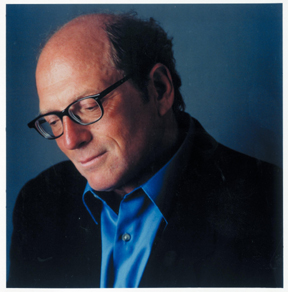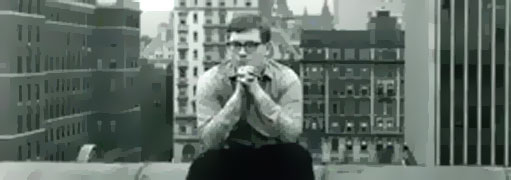Book Review: Thoughts Without Cigarettes, New Memoir By Oscar Hijuelos
Pulitzer Winner Writes Sadness-Soaked Memoir


Reflecting on the past

Latest Article|September 3, 2020|Free
::Making Grown Men Cry Since 1992


Reflecting on the past



